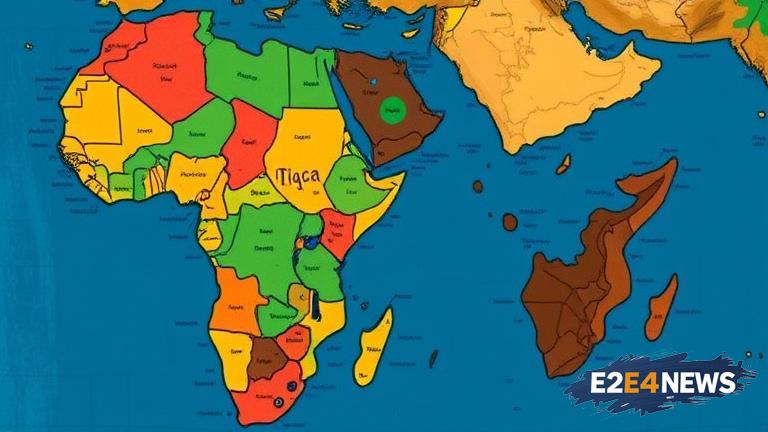The Trump administration has been exploring the possibility of deporting third-country nationals to Africa, a move that has raised eyebrows and sparked intense debate. According to reports, the administration has been in talks with several African countries to discuss the potential deportation of migrants who have been denied asylum in the US. The plan, which is still in its infancy, would involve sending migrants from countries such as Haiti, Cameroon, and Somalia to other African nations. The move is seen as a way to deter migrants from attempting to cross the US-Mexico border, as well as to reduce the backlog of asylum cases in the US. However, critics argue that the plan is inhumane and would put the lives of migrants at risk. Many of the migrants in question have already faced significant trauma and persecution in their home countries, and deporting them to a third country could exacerbate their suffering. Furthermore, the plan raises concerns about the potential for human rights abuses and the lack of due process for those being deported. The African countries being considered for the deportations have also expressed reservations about the plan, citing concerns about their ability to absorb and integrate the migrants. Despite these concerns, the Trump administration appears to be pushing forward with the plan, which has sparked outrage among immigrant advocacy groups and human rights organizations. The plan is seen as part of a broader effort by the administration to restrict immigration and tighten border security. The move has also been criticized by lawmakers, who argue that it is a violation of international law and would undermine the US’s reputation as a beacon of hope and freedom for those fleeing persecution. As the plan continues to take shape, it is likely to face significant opposition and legal challenges. The administration will need to navigate a complex web of international laws and agreements, as well as domestic regulations and court rulings, in order to implement the plan. The fate of the migrants in question remains uncertain, and it is unclear what the ultimate outcome of the plan will be. The controversy surrounding the plan has highlighted the deep divisions and conflicting values that exist in the US when it comes to immigration and border security. The plan has also sparked a wider debate about the role of the US in the world and its obligations to protect the rights and dignity of migrants and refugees. Ultimately, the plan to deport third-country nationals to Africa is a complex and contentious issue that will require careful consideration and nuanced discussion. The US government will need to balance its own interests and priorities with its international obligations and humanitarian commitments. The plan has significant implications for the lives and well-being of thousands of migrants, and it is essential that their rights and dignity are protected throughout the process.
